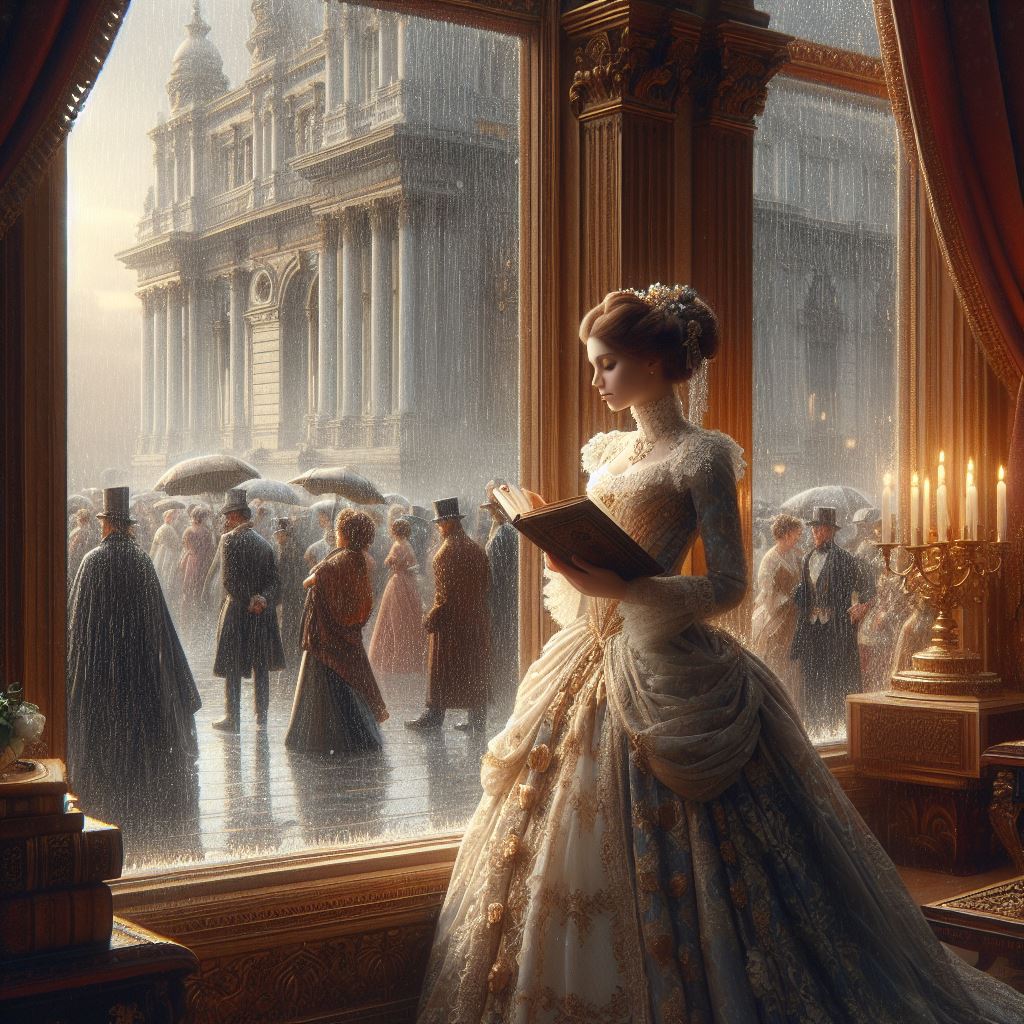Fiction has the unique power to transport us to different worlds, introduce us to diverse characters, and challenge our perspectives. Throughout history, certain novels have not only entertained but also profoundly influenced society, shaping cultural norms, sparking social change, and inspiring generations. These works of fiction have become touchstones for understanding the human condition, reflecting the zeitgeist of their times, and often predicting future trends. Here, we explore some of the most influential novels that have left an indelible mark on culture.
- “1984” by George Orwell (1949)
- George Orwell’s dystopian novel has become a symbol of surveillance states and the dangers of totalitarianism. Its themes of government control, manipulation of truth, and loss of individuality have resonated with readers worldwide, making “1984” a cautionary tale for the digital age.
- “To Kill a Mockingbird” by Harper Lee (1960)
- Set in the American South during the 1930s, Harper Lee’s novel is a poignant exploration of racial injustice and moral growth. Through the eyes of Scout Finch, readers confront the complexities of prejudice and the importance of empathy and courage, making it a cornerstone of civil rights discourse.
- “Pride and Prejudice” by Jane Austen (1813)
- Jane Austen’s witty exploration of manners, marriage, and morality in 19th-century England has captivated readers for centuries. Its critique of social class and its celebration of intelligence and independence in women have made it a beloved classic that continues to influence modern romantic comedies and dramas.
- “The Great Gatsby” by F. Scott Fitzgerald (1925)
- F. Scott Fitzgerald’s novel is a vivid portrayal of the Jazz Age, exploring themes of decadence, idealism, and the American Dream. Its portrayal of the doomed Jay Gatsby has become an emblem of the pursuit of an unattainable ideal, reflecting the aspirations and disillusionment of modern society.
- “Uncle Tom’s Cabin” by Harriet Beecher Stowe (1852)
- Harriet Beecher Stowe’s anti-slavery novel was a catalyst for the abolitionist movement in the United States. Its vivid depiction of the cruelties of slavery and its humanizing of enslaved people played a significant role in galvanizing public opinion against the institution, leading some to call it the spark that ignited the Civil War.
- “One Hundred Years of Solitude” by Gabriel García Márquez (1967)
- Gabriel García Márquez’s masterpiece introduced the world to magical realism, blending the real with the fantastical to explore the history of the fictional town of Macondo. Its innovative narrative style and universal themes of love, death, and the cyclical nature of history have made it a landmark in world literature.
- “The Catcher in the Rye” by J.D. Salinger (1951)
- J.D. Salinger’s novel is a profound exploration of teenage alienation and rebellion. Its protagonist, Holden Caulfield, has become an icon of youthful disillusionment, speaking to generations of readers who have found in him a voice for their own feelings of confusion and angst.
- “Brave New World” by Aldous Huxley (1932)
- Aldous Huxley’s dystopian novel is a prescient critique of a society that sacrifices individuality for stability and pleasure. Its themes of technological advancement, consumerism, and the loss of human connection continue to resonate in a world increasingly dominated by technology and mass media.
- “The Lord of the Rings” by J.R.R. Tolkien (1954-1955)
- J.R.R. Tolkien’s epic fantasy trilogy has had a profound impact on the genre of fantasy literature and beyond. Its richly imagined world, themes of heroism, friendship, and the battle between good and evil have inspired countless writers, filmmakers, and gamers, cementing its place in popular culture.
- “Beloved” by Toni Morrison (1987)
- Toni Morrison’s novel is a haunting exploration of the legacy of slavery in America. Through the story of Sethe, a former slave haunted by the ghost of her baby daughter, Morrison delves into themes of memory, trauma, and the power of storytelling to heal and liberate.
These novels, among others, have not only entertained but also challenged, provoked, and inspired. They have shaped cultural conversations, influenced social movements, and left an indelible mark on the literary landscape. As we continue to navigate the complexities of the modern world, these works of fiction offer timeless insights into the human experience, reminding us of the power of storytelling to connect, enlighten, and transform.
